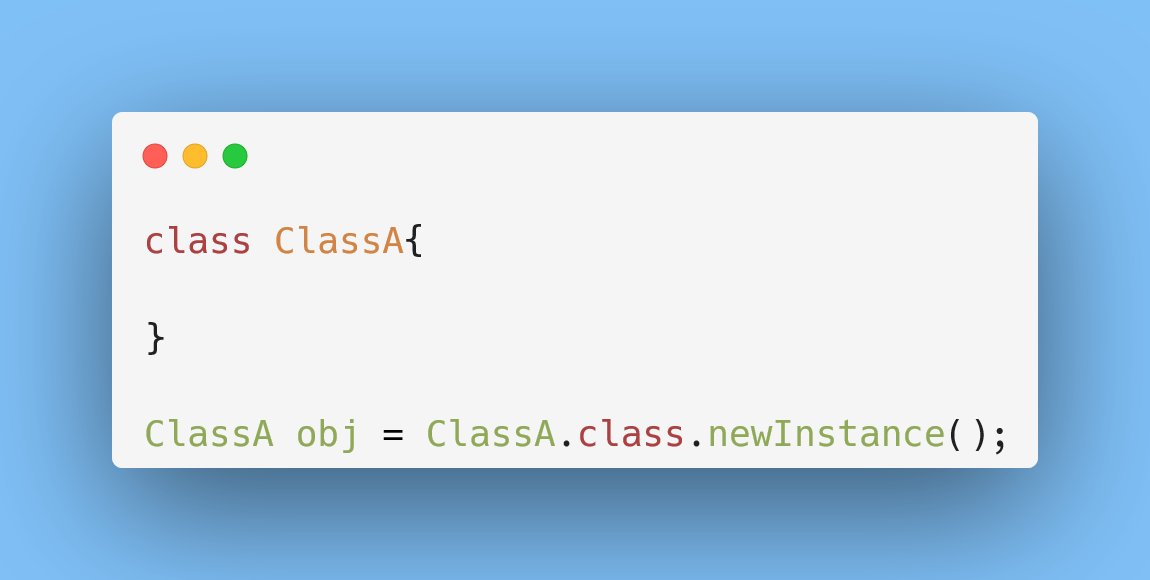Let's see what are those topics you should cover and what you can skip in Core Java.
Learn Core Java, in 30 days as an Absolute Beginner
a roadmap...
Let's see what are those topics you should cover and what you can skip in Core Java.
- Features of Java
- JVM, JRE & JDK
- Memory areas in Java
- Basics of how Garbage Collection Works.
- Objects and Classes
- Inheritance
- Polymorphism
- Encapsulation
This topic forms the basis of your Java learning. Spent enough time on this topic and understanding it using real-world examples and some practicals.
https://t.co/VFImq1o2uW
OOPs Concept in Java
— Vikas Rajput (@vikasrajputin) April 4, 2022
a thread...
- Various primitives/non-primitives data types, operators
- What is their use, How to use them
- Various sizes of data types
- Arrays, practice a few of its problems
- 2D/3D arrays and their use cases, practice a few problems
- Default package, Normal package and its use case
- Various access modifiers and how they behave in different types of packages.
- Write a few programs to practice
https://t.co/kCrMArRhmC
Java: Acess Modifiers
— Vikas Rajput (@vikasrajputin) May 20, 2022
a thread...
(Cheatsheet Included)
- While/Do While
- For loops
- If/else conditions
- Switch case
- Objects
- Abstract Class/Concrete Class
- Constructors, Methods
- Interface
- What is Inheritance through classes and interfaces
- Method Overloading/Overriding
- static, final keywords
- What is threads, How do create them.
- Thread class, hierarchy
- Learn to create simple threads using Thread class and using Runnable.
- Various methods of Thread class
- Write some program to practice
https://t.co/C7JfpMCgdV
Java: Beginner Guide to Multithreading
— Vikas Rajput (@vikasrajputin) May 4, 2022
a thread...
- Problem solved by Exception Handling
- Exception Hierarchy
- Checked/Unchecked Exception
- How to create custom exception
- throw, throws, throwable, try-catch, finally
- Basics of Collections
- Classes/Interface with its hierarchy in Collection framework.
- All about List, Set & Map, their differences, internal data structures and internal working.
- Collections util class
- What are lambda functions & why is it introduced
- Functional Interface and Functional Programming
- Write programs to practice
- Streams API and its methods.
- Stream pipelines and their methods
https://t.co/XqJlbBdpb6
Java: Beginner Guide to Stream API
— Vikas Rajput (@vikasrajputin) April 20, 2022
a thread...
More from Vikas Rajput
You May Also Like
I just finished Eric Adler's The Battle of the Classics, and wanted to say something about Joel Christiansen's review linked below. I am not sure what motivates the review (I speculate a bit below), but it gives a very misleading impression of the book. 1/x
The meat of the criticism is that the history Adler gives is insufficiently critical. Adler describes a few figures who had a great influence on how the modern US university was formed. It's certainly critical: it focuses on the social Darwinism of these figures. 2/x
Other insinuations and suggestions in the review seem wildly off the mark, distorted, or inappropriate-- for example, that the book is clickbaity (it is scholarly) or conservative (hardly) or connected to the events at the Capitol (give me a break). 3/x
The core question: in what sense is classics inherently racist? Classics is old. On Adler's account, it begins in ancient Rome and is revived in the Renaissance. Slavery (Christiansen's primary concern) is also very old. Let's say classics is an education for slaveowners. 4/x
It's worth remembering that literacy itself is elite throughout most of this history. Literacy is, then, also the education of slaveowners. We can honor oral and musical traditions without denying that literacy is, generally, good. 5/x
As someone\u2019s who\u2019s read the book, this review strikes me as tremendously unfair. It mostly faults Adler for not writing the book the reviewer wishes he had! https://t.co/pqpt5Ziivj
— Teresa M. Bejan (@tmbejan) January 12, 2021
The meat of the criticism is that the history Adler gives is insufficiently critical. Adler describes a few figures who had a great influence on how the modern US university was formed. It's certainly critical: it focuses on the social Darwinism of these figures. 2/x
Other insinuations and suggestions in the review seem wildly off the mark, distorted, or inappropriate-- for example, that the book is clickbaity (it is scholarly) or conservative (hardly) or connected to the events at the Capitol (give me a break). 3/x
The core question: in what sense is classics inherently racist? Classics is old. On Adler's account, it begins in ancient Rome and is revived in the Renaissance. Slavery (Christiansen's primary concern) is also very old. Let's say classics is an education for slaveowners. 4/x
It's worth remembering that literacy itself is elite throughout most of this history. Literacy is, then, also the education of slaveowners. We can honor oral and musical traditions without denying that literacy is, generally, good. 5/x













